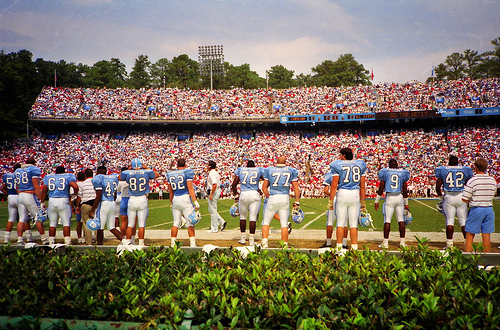The problem with waiting for a correction to buy stocks is that the market might not give you the chance. That’s the dilemma facing many sidelined investors this year as the market grinds higher to new all-time records.
For example, it has been over two years since the S&P 500 experienced a 10% decline from a high. The U.S. blue-chip index is up more than 25% this year alone.
Bill Peattie, founder of registered investment adviser Peattie Capital Management, says rather than waiting for a 10% to 20% correction before buying shares, potential investors may want to consider starting with a smaller amount instead of sitting out entirely.
In other words, nibbling is a reasonable compromise to going all in or staying completely out of stocks. Some investors and advisers use a “dollar cost averaging” strategy in which they contribute a fixed amount on a regular basis, such as monthly or quarterly, regardless of what the market is doing.
“I think overall conditions still look good for equities,” Peattie said. “I’m more of a stock picker at heart looking for undervalued companies, but you have to be aware of the environment, which remains favorable. There is a lot of liquidity, valuations are still acceptable and the economy is headed in the right direction although very slowly. It’s not an ideal environment but still very good.”
Peattie manages the Reasonable Price portfolio on the Covestor platform, a relatively concentrated strategy that typically holds between 8 and 25 positions.
He thinks there are some interesting crosswinds in the market in terms of sentiment. On one hand, there seems to be a whiff of short-term complacency among investors in the sentiment surveys. Yet stepping back, investors are still scared after the financial crisis.
“Investors don’t trust Wall Street and Washington, especially after the government shutdown,” Peattie said. “They’re nervous and a lot of investors just feel the system is broken. But that presents opportunities for investors with a long-term mindset.”
Reasonable Price portfolio has outperformed the S&P 500 this year even with a significant cash position. Peattie Capital tends to maintain a cash position in its separately managed accounts because most of the firm’s clients are more concerned with protecting wealth in a downturn than beating the index in a rising market, generally speaking.
Peattie says it’s not unusual for him to lag the overall market in frothy rallies due to his conservative approach and the cash cushion. However, stock picks have helped him keep pace this year in one of the strongest markets in his 14 years as a portfolio manager.
Looking ahead, he thinks interest rates will remain lower than consensus expectations, and he doesn’t see the Federal Reserve tapering its bond purchases anytime soon.
On the overall economy, Peattie sees more muddling along with growth in the 1% to 2% range led by pockets of strength like auto sales and the housing recovery.
“I’m mildly optimistic on the economy,” Peattie said. “But a lot of investors are just plain scared after getting burned twice in big corrections the past 13 years. Stocks are near all-time highs, so they’re waiting. They would rather try and time the market and get in after a significant pullback in stocks. But that’s tough to do when a lot of investors are on the sidelines looking to do the same thing. We’ve all been waiting for that big correction but it just hasn’t happened.”
Photo Credit: Kaarin T
DISCLAIMER: The information in this material is not intended to be personalized financial advice and should not be solely relied on for making financial decisions. Past performance is no guarantee of future results.





